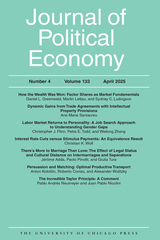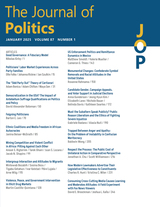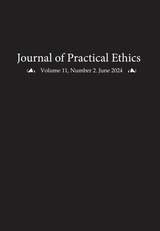8 start with A start with A

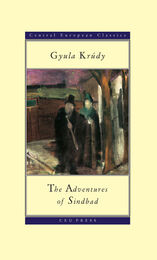
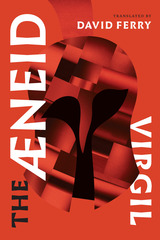
The paperback and e-book editions include a new introduction by Richard F. Thomas, along with a new glossary of names that makes the book even more accessible for students and for general readers coming to the Aeneid for the first time who may need help acclimating to Virgil’s world.
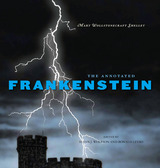
An annotated and illustrated edition of Mary Shelley's classic work, celebrating its 200th anniversary in 2018.
First published in 1818, Frankenstein has spellbound, disturbed, and fascinated readers for generations. One of the most haunting and enduring works ever written in English, it has inspired numerous retellings and sequels in virtually every medium, making the Frankenstein myth familiar even to those who have never read a word of Mary Shelley’s remarkable novel. Now, this freshly annotated, illustrated edition illuminates the novel and its electrifying afterlife with unmatched detail and vitality.
From the first decade after publication, “Frankenstein” became a byword for any new, disturbing developments in science, technology, and human imagination. The editors’ Introduction explores the fable’s continuing presence in popular culture and intellectual life as well as the novel’s genesis and composition. Mary Shelley’s awareness of European politics and history, her interest in the poets and philosophical debates of the day, and especially her genius in distilling her personal traumas come alive in this engaging essay.
The editors’ commentary, placed conveniently alongside the text, provides stimulating company. Their often surprising observations are drawn from a lifetime of reading and teaching the novel. A wealth of illustrations, many in color, immerses the reader in Shelley’s literary and social world, in the range of artwork inspired by her novel, as well as in Frankenstein’s provocative cinematic career. The fresh light that The Annotated Frankenstein casts on a story everyone thinks is familiar will delight readers while deepening their understanding of Mary Shelley’s novel and the Romantic era in which it was created.

“The truth is rarely pure and never simple,” declares Algernon early in Act One of The Importance of Being Earnest, and were it either, modern literature would be “a complete impossibility.” It is a moment of sly, winking self-regard on the part of the playwright, for The Importance is itself the sort of complex modern literary work in which the truth is neither pure nor simple. Wilde’s greatest play is full of subtexts, disguises, concealments, and double entendres. Continuing the important cultural work he began in his award-winning uncensored edition of The Picture of Dorian Gray, Nicholas Frankel shows that The Importance needs to be understood in relation to its author’s homosexuality and the climate of sexual repression that led to his imprisonment just months after it opened at London’s St. James’s Theatre on Valentine’s Day 1895.
In a facing-page edition designed with students, teachers, actors, and dramaturges in mind, The Annotated Importance of Being Earnest provides running commentary on the play to enhance understanding and enjoyment. The introductory essay and notes illuminate literary, biographical, and historical allusions, tying the play closely to its author’s personal life and sexual identity. Frankel reveals that many of the play’s wittiest lines were incorporated nearly four years after its first production, when the author, living in Paris as an exiled and impoverished criminal, oversaw publication of the first book edition. This newly edited text is accompanied by numerous illustrations.
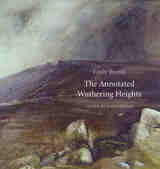
Emily Brontë’s Wuthering Heights has been called the most beautiful, most profoundly violent love story of all time. At its center are Catherine and Heathcliff, and the self-contained world of Wuthering Heights, Thrushcross Grange, and the wild Yorkshire moors that the characters inhabit. “I am Heathcliff,” Catherine declares. In her introduction Janet Gezari examines Catherine’s assertion and in her notes maps it to questions that flicker like stars in the novel’s dark dreamscape. How do we determine who and what we are? What do the people closest to us contribute to our sense of identity?
The Annotated Wuthering Heights provides those encountering the novel for the first time—as well as those returning to it—with a wide array of contexts in which to read Brontë’s romantic masterpiece. Gezari explores the philosophical, historical, economic, political, and religious contexts of the novel and its connections with Brontë’s other writing, particularly her poems. The annotations unpack Brontë’s allusions to the Bible, Shakespeare, and her other reading; elucidate her references to topics including folklore, educational theory, and slavery; translate the thick Yorkshire dialect of Joseph, the surly, bigoted manservant at the Heights; and help with other difficult or unfamiliar words and phrases.
Handsomely illustrated with many color images that vividly recreate both Brontë’s world and the earlier Yorkshire setting of her novel, this newly edited and annotated text will delight and instruct the scholar and general reader alike.
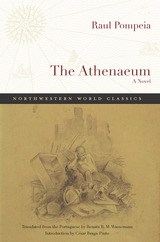
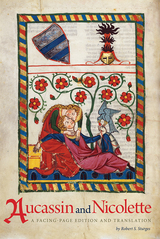
READERS
Browse our collection.
PUBLISHERS
See BiblioVault's publisher services.
STUDENT SERVICES
Files for college accessibility offices.
UChicago Accessibility Resources
home | accessibility | search | about | contact us
BiblioVault ® 2001 - 2025
The University of Chicago Press



